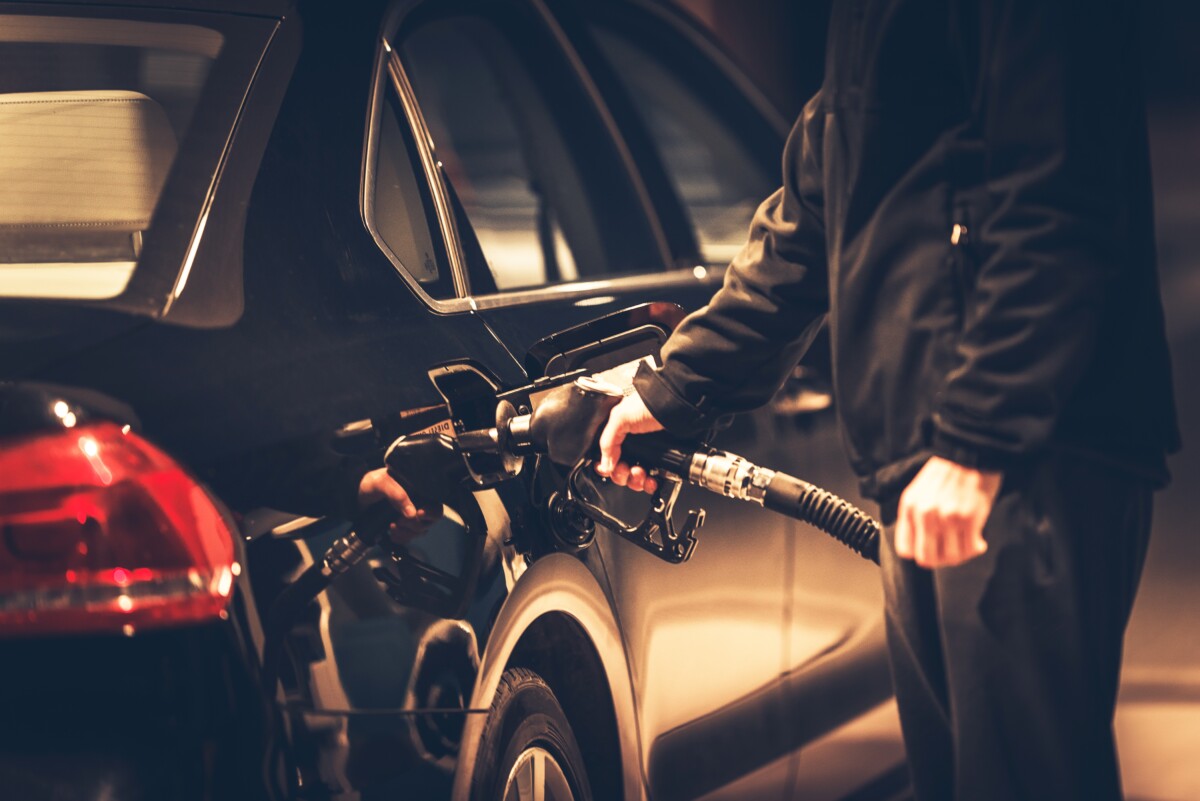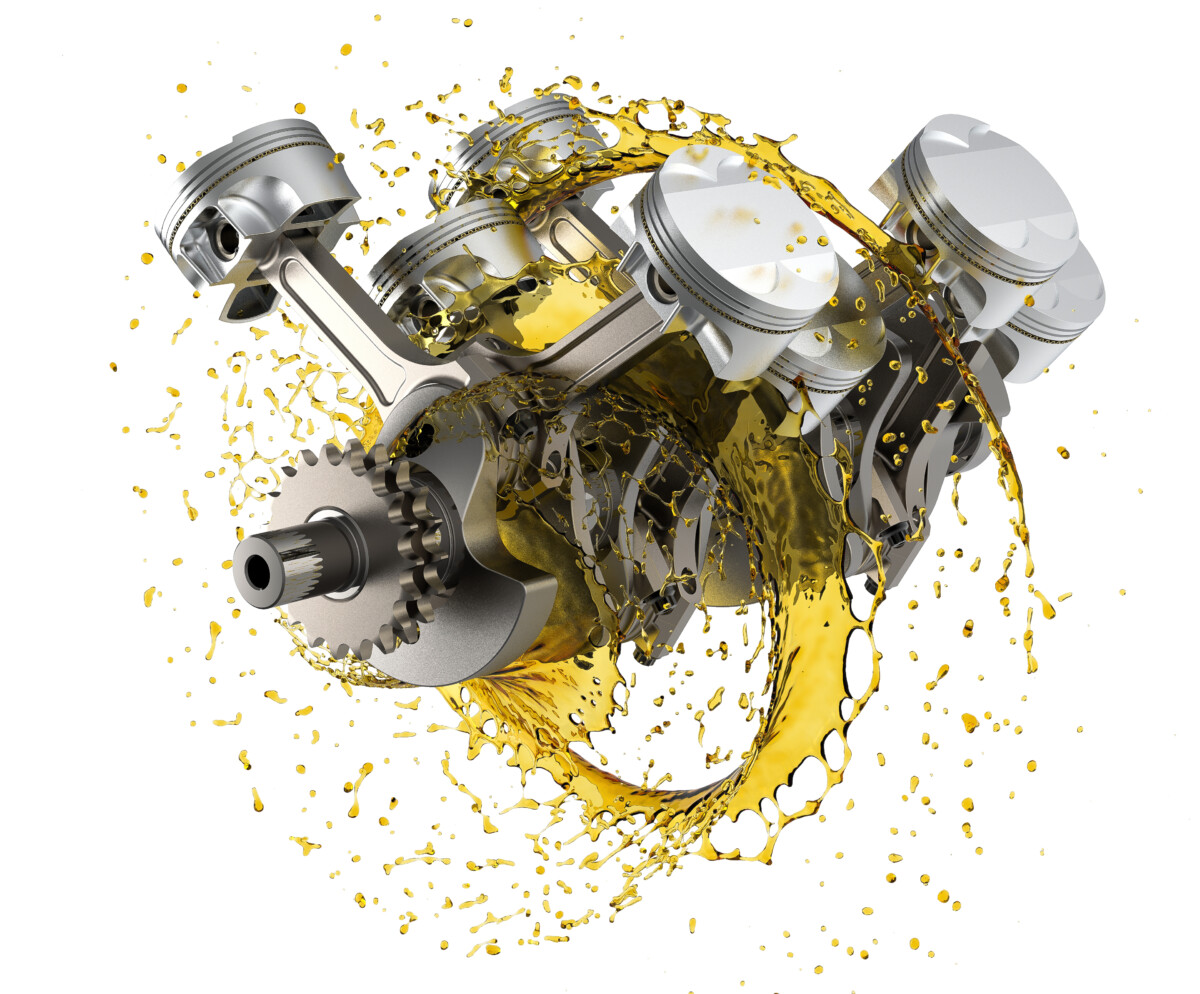As it is already known, diesel engines are strong mechanical elements that tend to be long-lasting. However, if you consider getting a vehicle with a diesel engine you should know the miles that can be expected from this engine type.
The miles of the diesel engine tend to vary from the quantity and the quality of the miles passed meaning how has been the vehicle driven and how much has it been driven.
If you are interested in this vehicle matter, then you might consider reading further to find out everything you should know regarding diesel engines.
So, how many miles do diesel engines last?

If you take proper care of your diesel engine, know that it would not disappoint you. Diesel engines are known to last up to 1,500,000 miles or even more if properly maintained depending on the conditions you drive your car in.
If you avoid maintaining your diesel engine properly, then it will probably cause you more problems related to other components connected to the engine. So, it would be best if you consult the manufacturer for a certain number of intervals related to engine maintenance.
Also Read: Is Buying A New Engine The Same As Buying A New Car?
Why do Diesel Engines last long?
Diesel engines last longer, since they go with a lower RPM rate compared to other engine types, for an average of 1000-1500 RPM; this produces less heat thereupon less wear on the components.
What can be worth mentioning as a reason that exceeds the life of diesel engines is that they tend to have larger internal parts which makes the engine have a slighter need for oil.
Lubrication comes better with diesel engines, due to them being able to accept a huge supply of lubricated oil, helping the car elements stay cooler when lubricated.
With diesel engines, a breakdown is less possible to happen because of it being gear-driven and the timing system is increasingly secured since diesel engines tend to not have chains or belts.
Is warm-up needed with diesel engines?
Car warm-up before driving is a commonly known process for vehicles that have diesel engines. The warm-up should be made for about 5 minutes before you drive the vehicle.
However, the warm-up waiting time can vary between vehicles, meaning it depends on the age of the vehicle as well as the temperature state inside the vehicle. That being said, older types of vehicles should be left longer to warm up than the newest.
This happens because the newest cars have more sophisticated computer technology and can manage the engine temperature more quickly.
What can also be considered regarding diesel engine warm-ups is that if the weather is somewhat cold, your vehicle should be left longer to get its right temperature.
Do diesel engines come with benefits?
Shortly said, yes, diesel engines come with some benefits that include:
Decent fuel economy. The increased level of compression results in diesel engines moving at greater temperatures than other engines. For that reason, the transformation of heat energy to mechanical one is way more effective.
Better towing ability. When at lower engine speeds, diesel engines come with high compression which results in increased torque production. That is why they are more suitable when it comes to towing heavy cargo.
Longer lifespan. As we already mentioned, diesel engines compress air higher than other engines which makes the diesel engine elements to last longer than expected.
Do diesel engines have their downfalls?
There are various downfalls that you should keep in mind before purchasing a vehicle with a diesel engine, those including:
Expensive fuel. Because of its great functionality diesel vehicles can come more expensive than gasoline. However, the fuel efficiency of the diesel engine makes the money to be worthily spent.
Unstable. Customers see this particular engine vehicle as unstable since they have to wait some time before they drive their car so that it warms up.
Also Read: How To Purchase a Car Battery
Which are the components of a diesel engine?

A diesel engine is formed out of six components, those being:
- Engine blocks. This component gives additional support to the engine cylinder, crankshafts, liners, and heads. It is built up from plates and castings joined horizontally and vertically.
- This element comes as the base for the diesel engine. Since it is a metal plate, it is made with the reason to support the engine and crankshaft.
- Cylinder liners. This hole is made of a material that can bear high heat and pressure.
- With the help of the valves the performance of the diesel engine comes smoother; with the control of air/fuel flow inside the cylinder removing the gas outside the cylinder.
- Valve guides. With these, the heat is moved from the combustion procedure to the cylinder with the help of the exhaust valve.
- Before transforming the fuel energy to mechanical energy, the piston has a duty to compress the air/fuel mixture, and later on, the power is redirected to the crankshaft.
Also Read: How far Can a Toyota Camry Go Before Needing Repair?
Final Words
At first, their cost may seem to be expensive, however, over time you will notice that on the contrary, you have made an investment that will pay off the money spent on these diesel engines because of their fuel efficiency.
These engines come with great performance and long durability however they might not be everybody’s preference. Surprisingly, with proper maintenance, your diesel engine can last even longer than you expect.
With the end of this article, hopefully, you were able to learn how many miles can diesel engine last, what the advantages and disadvantages as well as some other extra information related to diesel engines.

